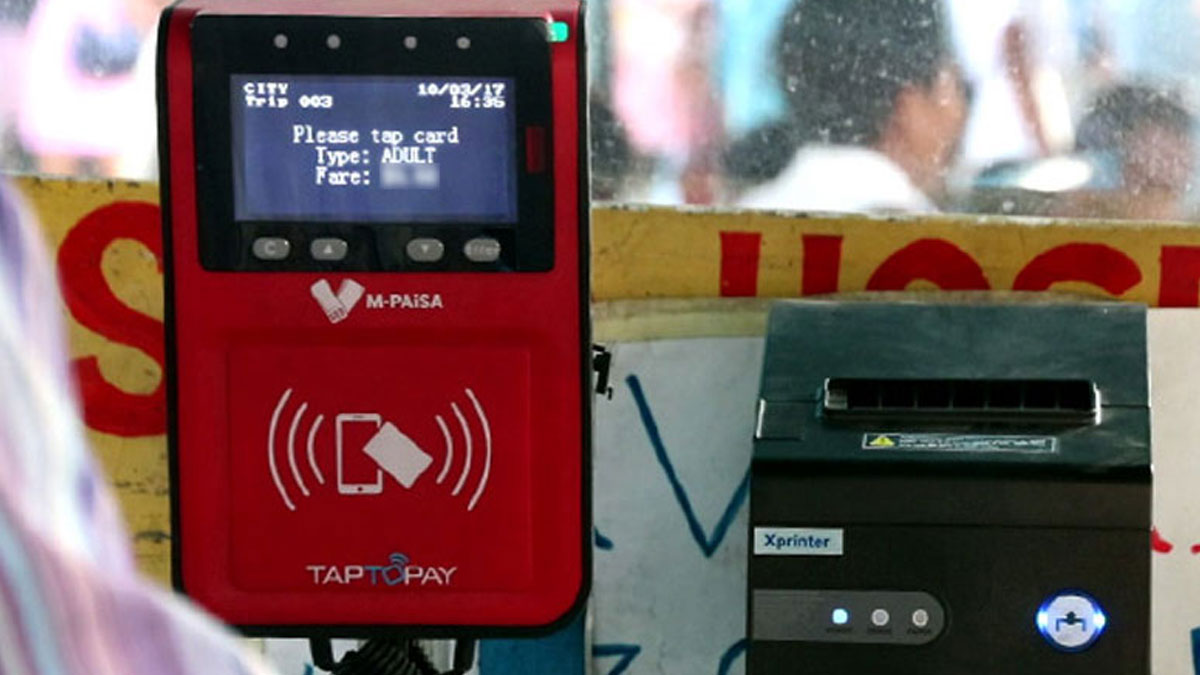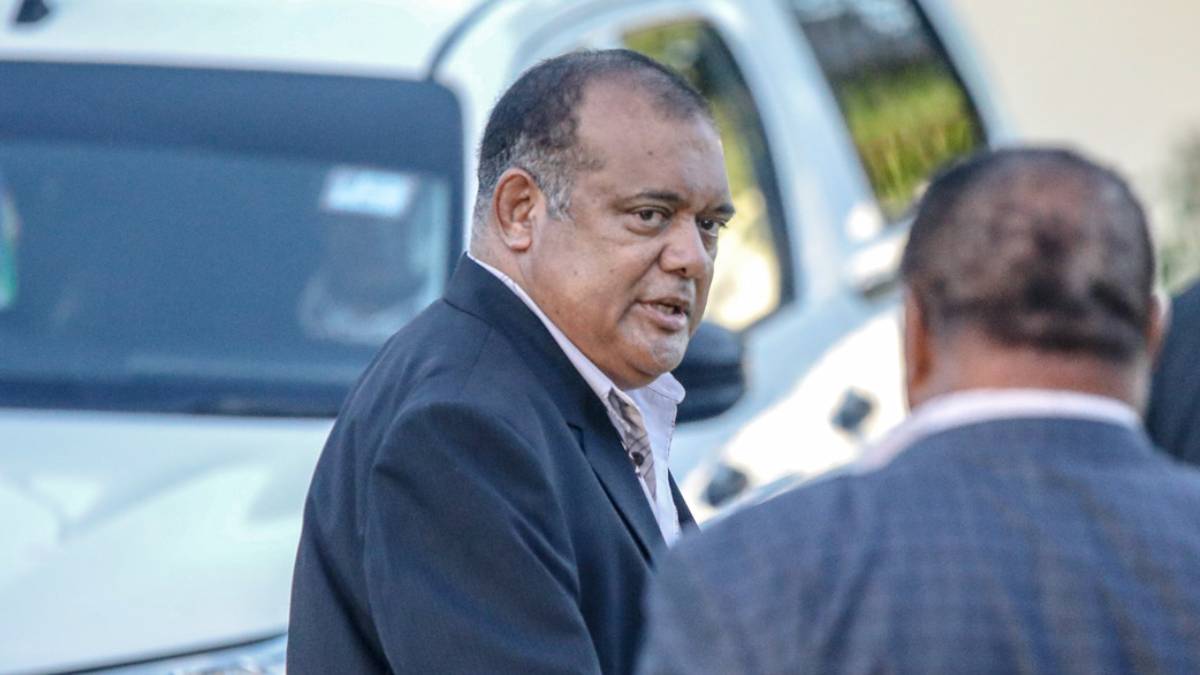
The Fijian Competition and Consumer Commission reviewed the bus fare increase with the active participation and transparency of the bus industry operators for 12 months.
The FCCC says one of the key outcomes of this review is the implementation of a fair and equitable fare-per-seat allocation.
They say the new fare structure will result in the alignment of adult and student fares, for instance, the current fare for Stage 1 in Viti Levu is $1.02 for adults and $0.51 for students, reflecting 50 percent of the adult fare for students.
The FCCC says previously the student fares were subsidised by adult fares; however, under the new fare per seat allocation, both adult and student fares will be standardised from 1st September 2024.
They say that to mitigate any financial impact on parents and students, the government has agreed to subsidise the bus fare increase for students.
The government will fully subsidise the blue card while for the yellow card, the students will continue to pay the current fare with the remaining portion subsidised by the government.
The FCCC conducted a thorough review of bus fares by analysing the financial and operations of bus companies, leading to the implementation of a full cost allocation recovery model aimed at ensuring the sustainability and viability of the industry. They will commence the next bus fare review process in September 2024, beginning with data gathering, followed by comprehensive analysis.
Meanwhile, the Fiji Bus Operators Association says for more than 50 years, bus operators have subsidised 50 percent of student bus fares, something that no other privatised service industry has been expected to do.
Lal says the bus operators recognise that any government must work to balance national priorities and aspirations within financial and resource constraints.
He further says the bus industry provides a vital lifeline for Fiji’s economy as the means of daily transportation for thousands of people.
Lal says over the past few decades, the industry has faced mounting cost increases and service delivery expectations with little government support, despite being tightly regulated by government agencies.
He adds the industry has been the only one expected to provide a social support service for school children through subsidised bus fares even with increased operational costs over the past five decades.
They have also welcomed the Government’s decision to subsidise the increase in the bus fares for students.
The bus fare for all students is set to increase by 50 percent from the 1st of September.
Stay tuned for the latest news on our radio stations

